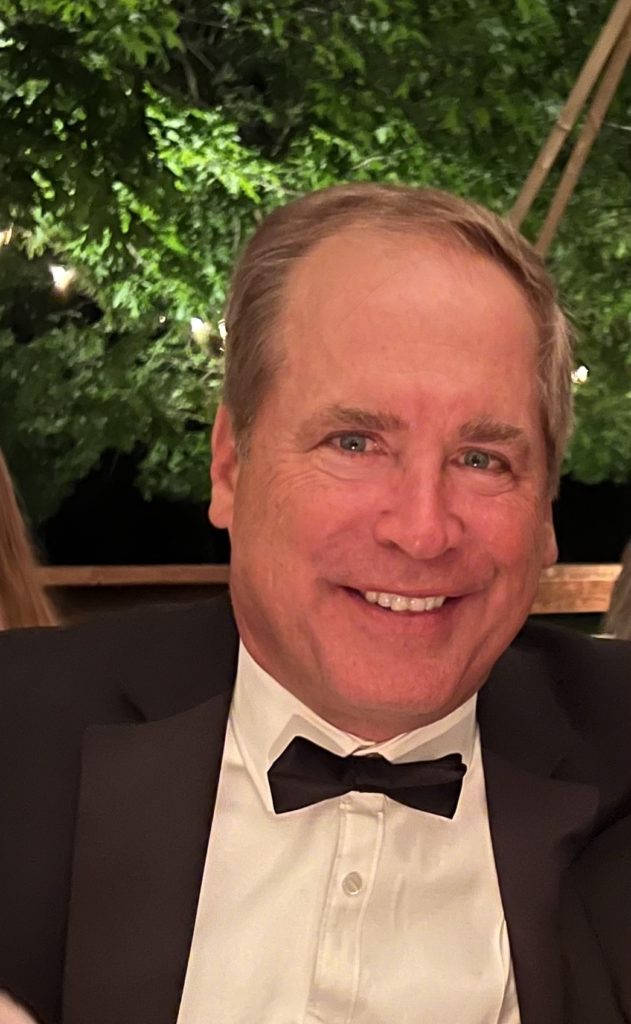With decades of experience spanning a variety of contexts, Paul T. Mannion has established a reputation for being an excellent business development advisor. Paul has worked in finance, marketing, management consulting, business strategy, mergers and acquisitions, and more throughout his career.

One of the key qualities that have led to Paul Mannion’s success is his talent for diplomacy. Paul focuses on aligning business goals with new development and strategies, helping C-level management navigate changes and grow their businesses. Negotiating successful mergers and acquisitions comes naturally to him, no matter what stage of the process.
Prior to starting his career, Paul Mannion attended Robins School of Business at the University of Richmond. He graduated with a degree in finance and accounting before pursuing post-graduate studies at the NYU Stern School of Business and Georgia State School of Law.
Paul Mannion’s first position was working on Wall Street in the securities industry. During this stage of his life, Paul built experience in investment banking, working alongside professionals such as Paine Webber. He quickly rose through the ranks, becoming a branch manager and eventually a senior vice president. During his time in finance, Paul helped facilitate several substantial deals, including the merger of Speedcom Wireless and LTI Holdings, and the public offering of Cure Pharmaceutical.
While Paul Mannion’s experience in the banking industry was incredibly successful, with over 60 transactions handled and more than $500 million in close deals, he decided to move on. Paul took a position as the senior vice president of Clearview Consulting, pivoting his career to help build teams and strategies. His background in finance has equipped him well for success in a new industry.
In addition to working with Clearview Consulting, Paul is the Director of Business Development at Zoombang, a protective gear company serving a variety of sectors. Their proprietary products have applications in athletics, healthcare, and more.
When he isn’t busy working as a consultant, Paul Mannion also serves on the boards for early-stage startup companies. Paul enjoys having the opportunity to mentor young professionals and overcome challenges in the business world. Additionally, Paul is involved in real estate investing.
Paul Mannion enjoys spending his free time skiing, playing tennis, or trying new golf courses. Learn more about him by visiting his LinkedIn & Crunchbase!
What it Means to be an Employee-Centric Leader
The pandemic has brought about a shift in the way workplaces are operated. According to the 2021 Rosie Report, employees are now more motivated to believe they are worthy of happiness, wealth, and health. The belief that employees are seeking growth and autonomy instead of stagnation and burnout has led to a movement toward providing them with opportunities that are more conducive to their well-being.
Contrary to popular belief, the pandemic has not led to an increase in employee burnout. In fact, according to studies, over 70% of the workers say they have been motivated and are more productive.
Why Employee-Centric Leadership Is Becoming the Norm
Being an employee-centric leader is about putting your employees first. This type of leader is committed to providing them with the necessary tools and resources to improve their performance. They also encourage them to develop their ideas and improve their communication.
Characteristics of the Working Generation
The workforce is becoming increasingly dominated by people who are unsatisfied with their current jobs and are no longer seeking to climb the ladder. Instead, they are looking for new opportunities that will allow them to fulfill their personal needs. Organizations must take a comprehensive look at their current modules and develop strategies to create a conducive work environment to succeed.
Being an employee-centric leader is about developing an environment conducive to the company’s success. It can help employees perform their duties while improving the company’s culture. One of the most effective ways to improve your team’s performance is by viewing them as individuals capable of achieving their goals. This type of leader can help them develop a deeper understanding of their potential and develop strategies to help them meet their goals.
Contrary to popular belief, employers are not required to choose between their employees’ interests and the organization’s goals. Studies have shown that being an employee-centric leader can help boost job loyalty and improve the company’s culture. Providing your employees with the necessary tools and resources to meet their personal needs can also help them meet their goals.
Focus on Healthy Communication
Employees can’t thrive where they don’t feel supported and heard. To effectively embrace the changes the working generation brings, employers must also be willing to create an environment conducive to their employees’ success. This can be done through various methods, such as one-on-one sessions, workshops, and anonymous surveys. Regardless of how you communicate with your employees, it’s essential that the goal is to empower them to perform at their best.
Being an employee-centric leader can also help create a positive environment for your company. You must maintain confidence that you’re not abandoning the organization’s bottom line. A healthy communication environment can help promote employee loyalty and encourage them to take ownership of their careers.
